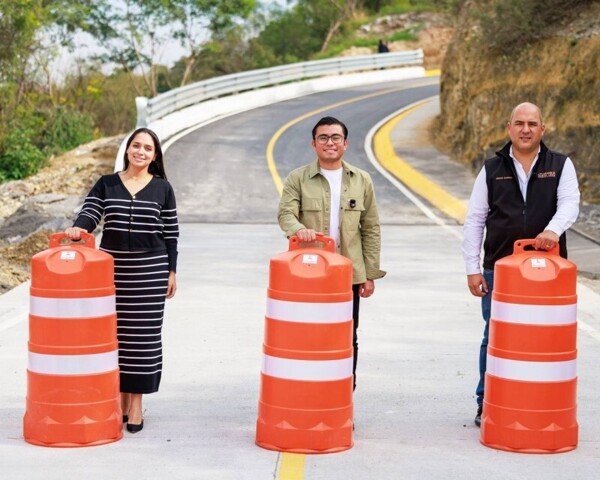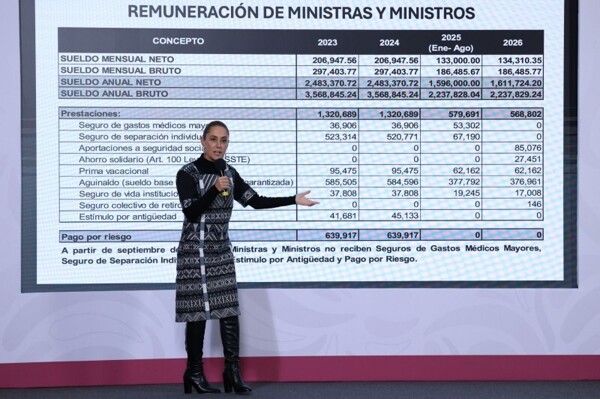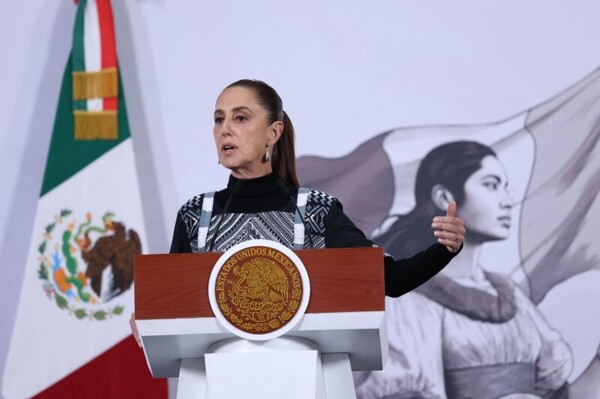
Ana María Ibarra, candidate for minister of the Supreme Court of Justice of the Nation, visited Chiapas and offered a lecture at the Faculty of Law of the Institute of Higher Studies. In her speech, she emphasized the urgent need for equitable justice in Mexico.
She highlighted that it is not enough to apply the law neutrally; justice must recognize the inequalities that individuals face when reaching the courts. She emphasized that those of indigenous origin, with disabilities, or in poverty face greater obstacles, and it is the responsibility to reduce those differences rather than perpetuate them.
Ibarra stressed the importance of judging from a vulnerability perspective, eliminating unnecessary formalities and establishing precedents that promote social changes. She underlined the need for justice that levels the playing field for everyone, shows sensitivity to individual realities, and prioritizes respect and human dignity.
The candidate also addressed the historical debt that the Judiciary has with indigenous peoples, committing to work on dismantling those barriers from a legal perspective. She recalled her close experience with indigenous communities, highlighting their dignity, strength, and worldview, and reaffirmed her commitment to defend their rights and dignity from the Court.
She emphasized the importance of protecting the identity of indigenous peoples, mentioning that elements such as language, traditional medicine, communal organization, and attachment to the land are living expressions that deserve respect and effective legal protection. She asserted that the struggle for indigenous dignity is, in fact, a struggle for the soul of the country.
Finally, she highlighted that discrimination remains entrenched in the judicial sphere, pointing out that structural racism manifests in situations such as the lack of interpreters in trials, the criminalization of poverty, and the denial of medical attention based on ethnic origin.














